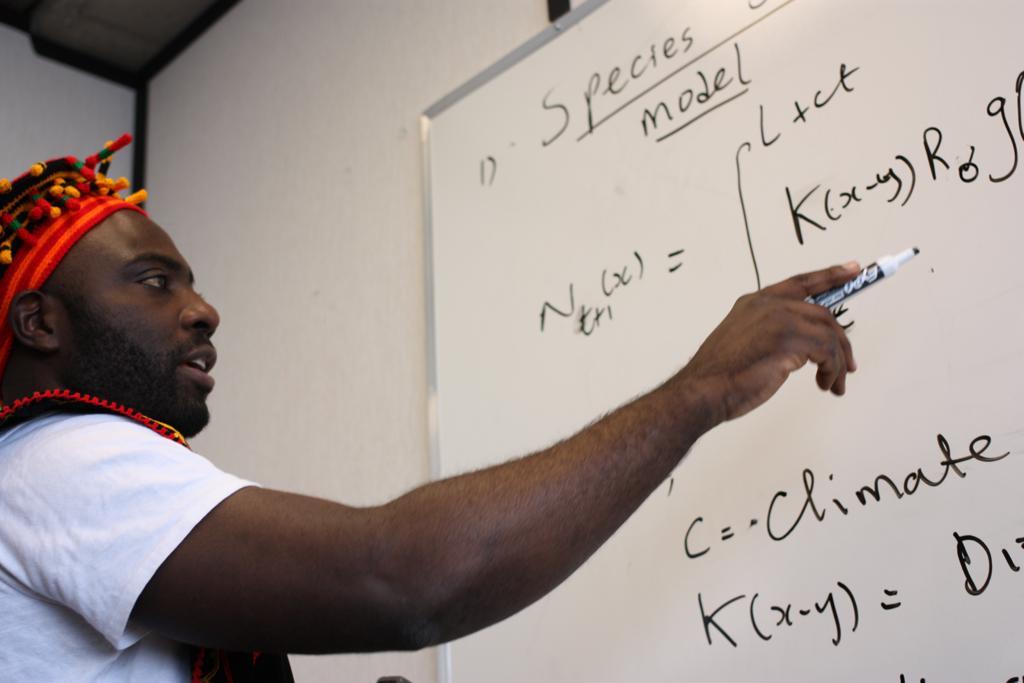
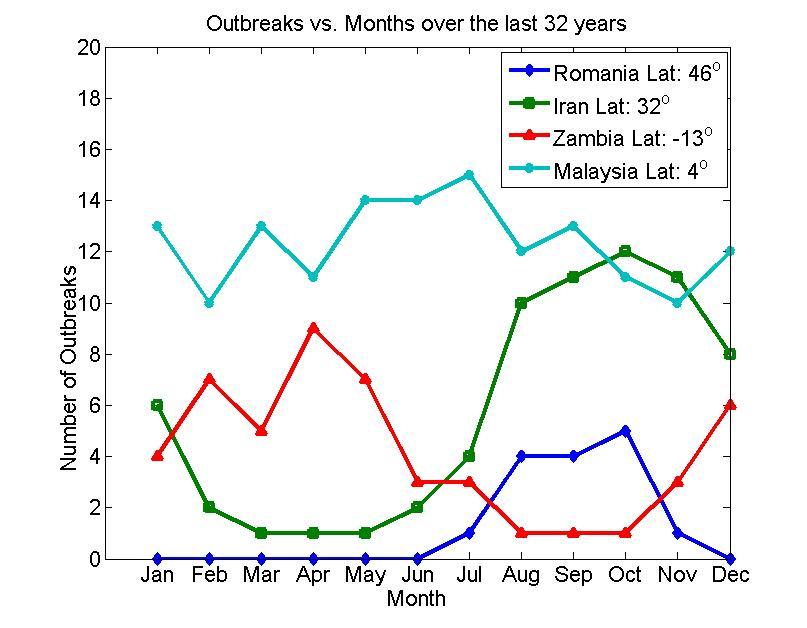

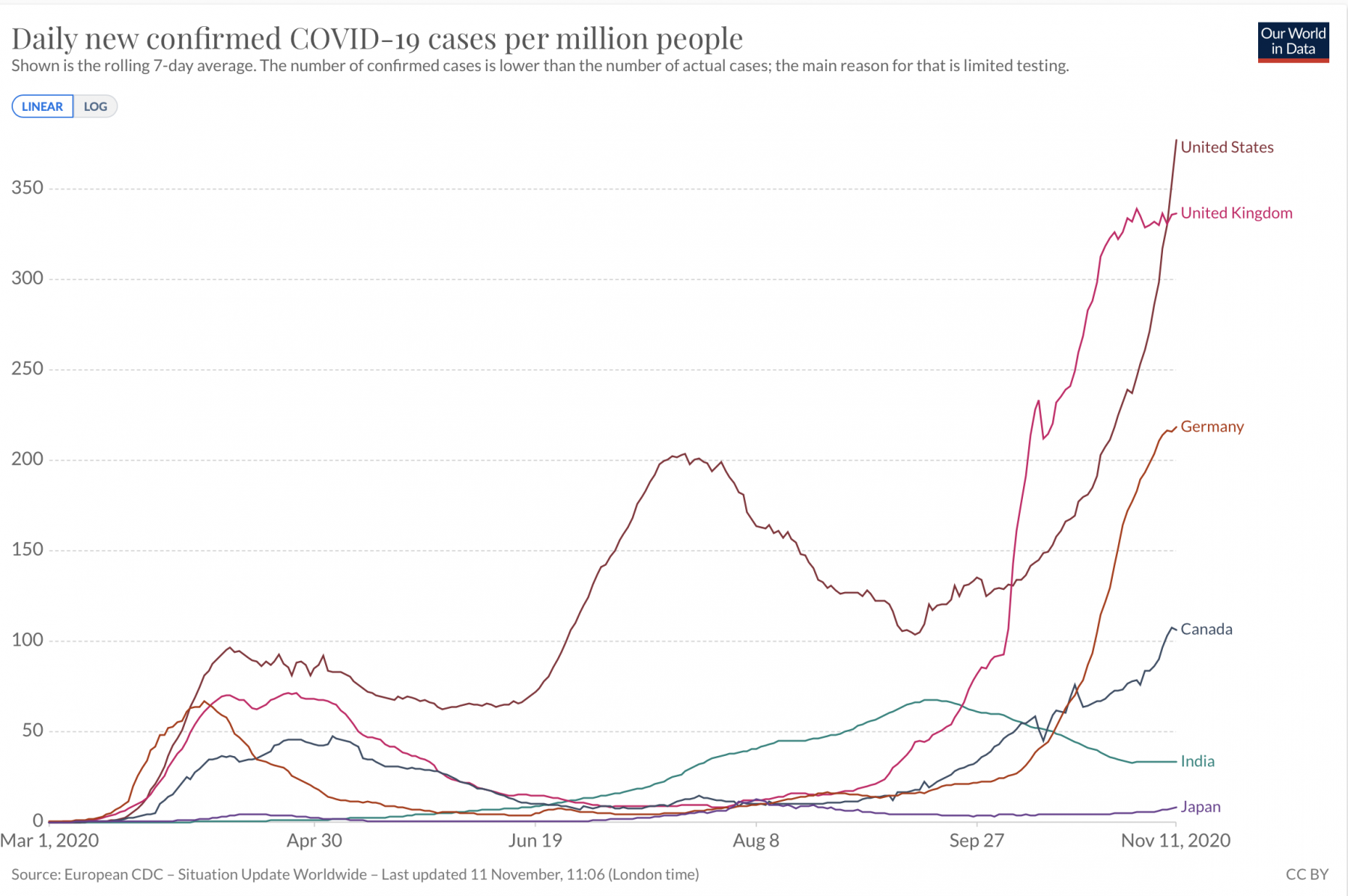
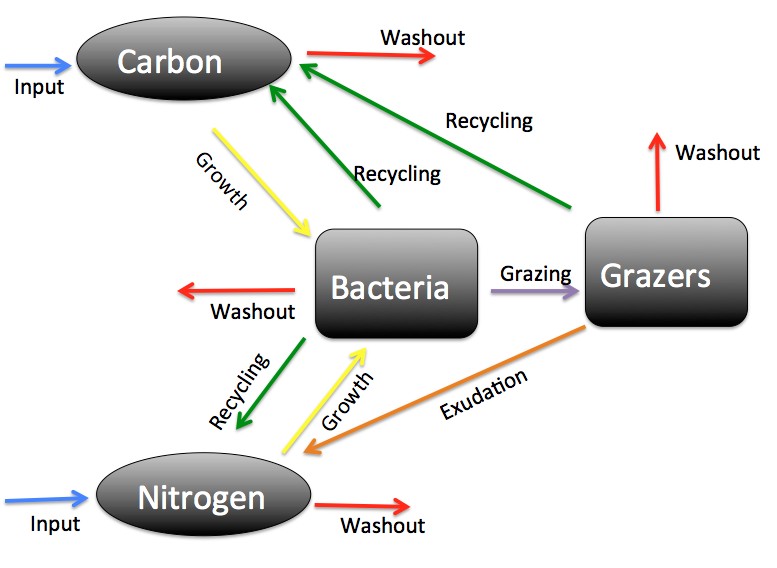
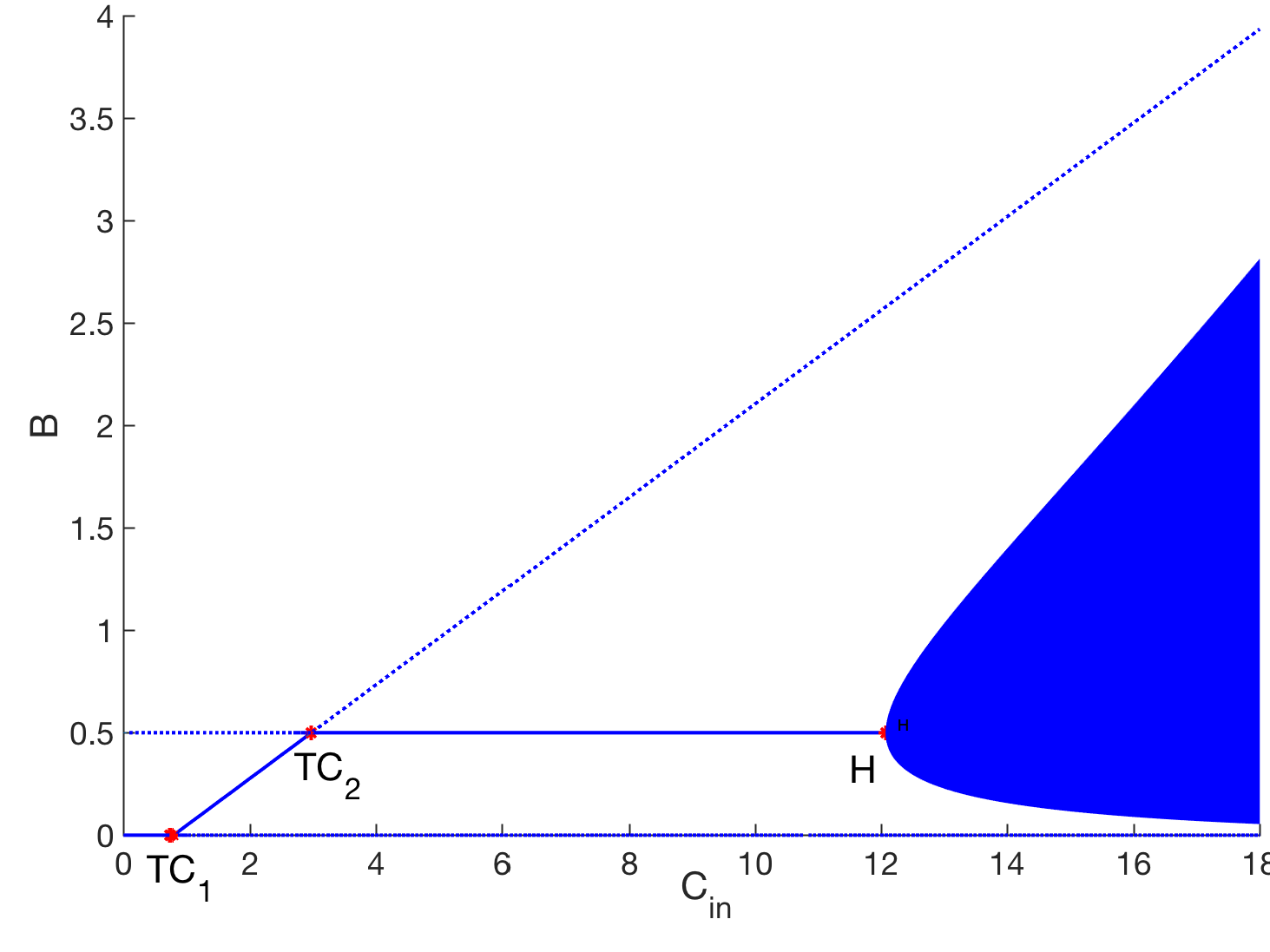
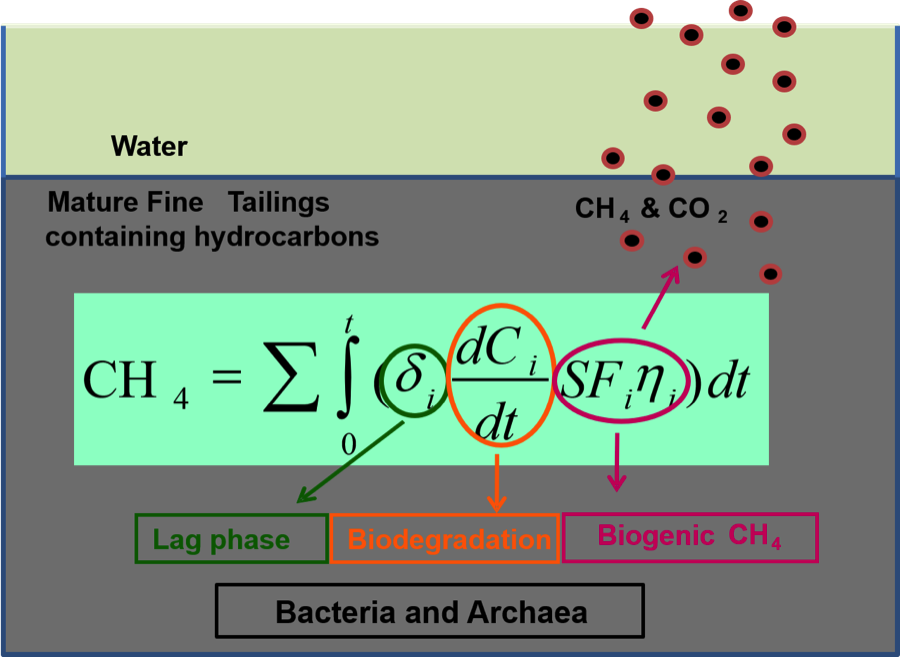
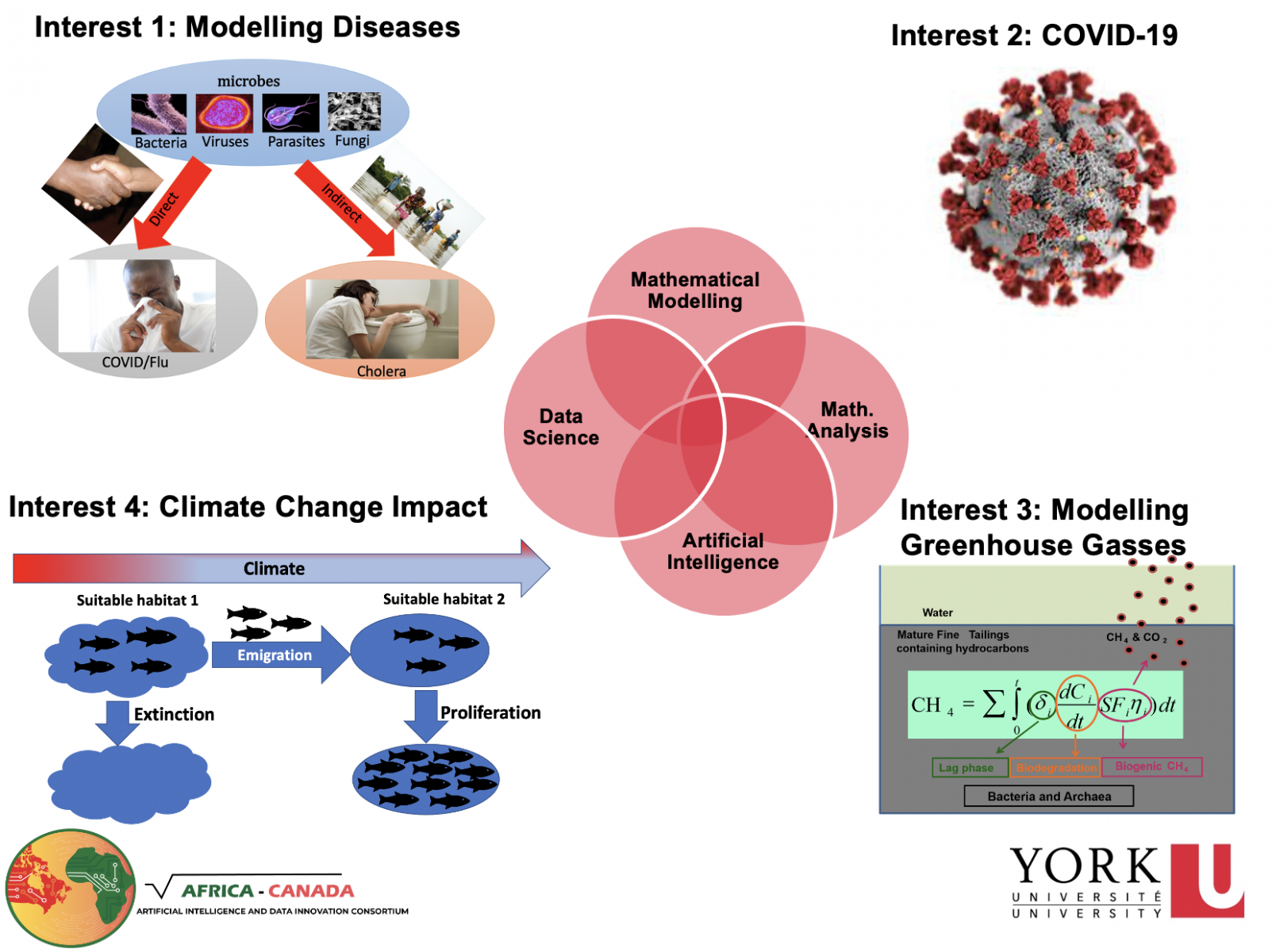
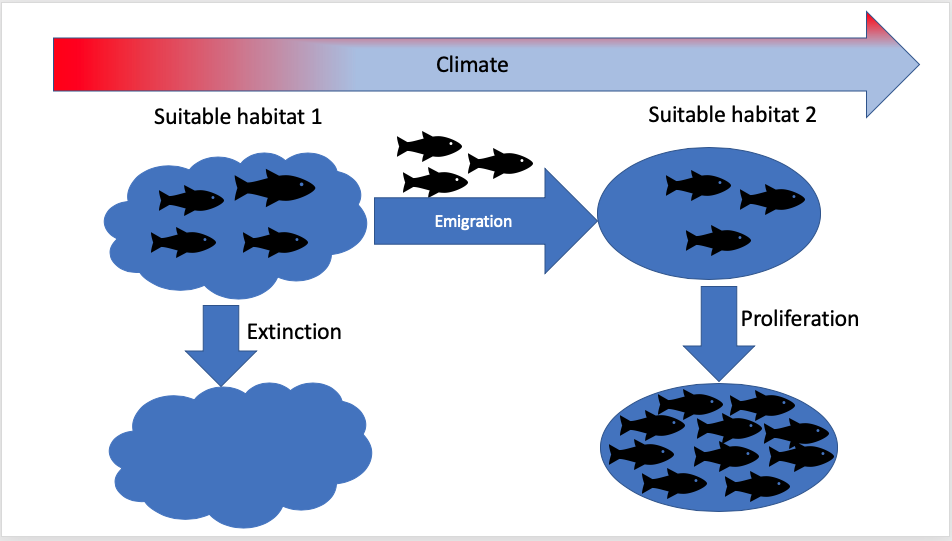
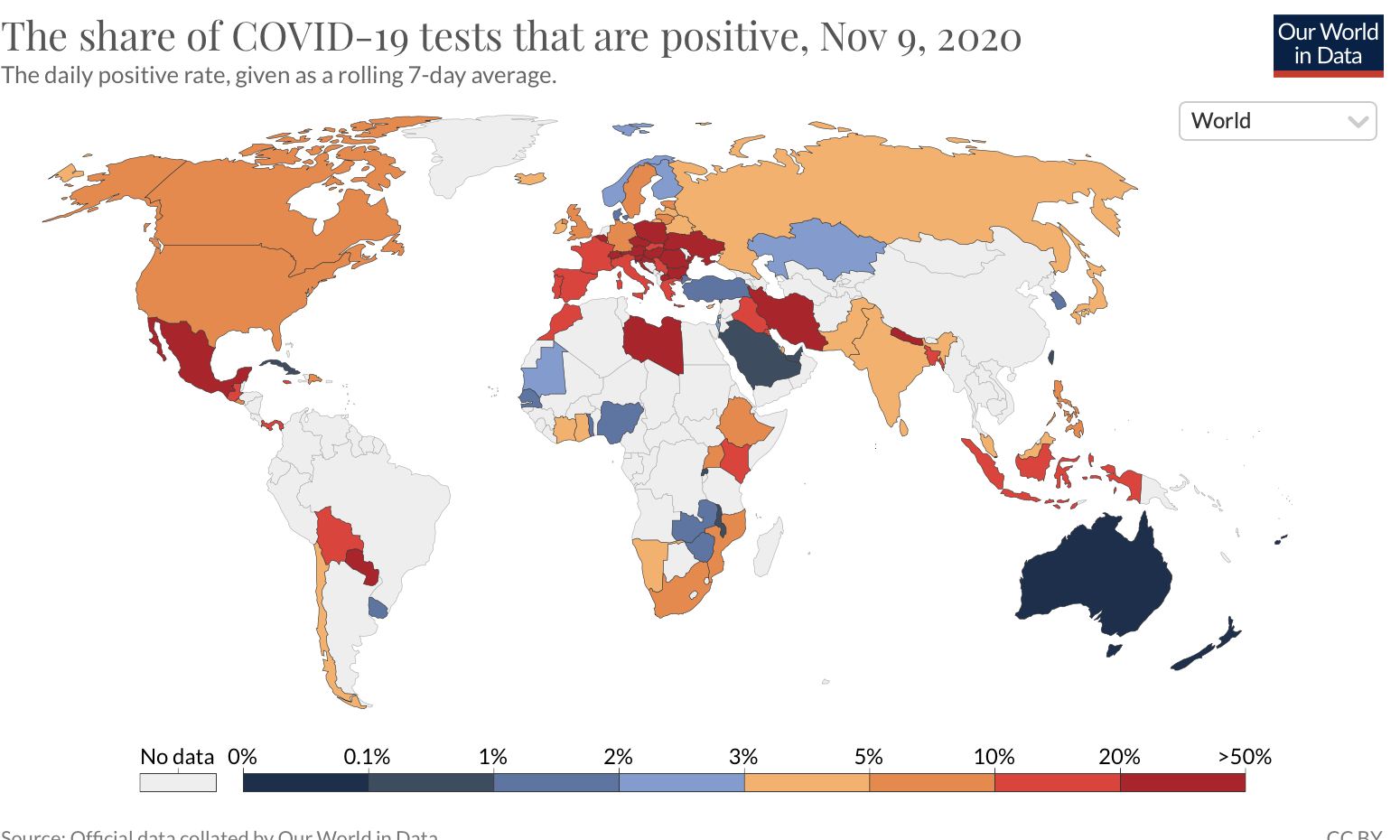
Prof. Jude Dzevela Kong
Kong is a Canada Research Chair in Community-Oriented Artificial Intelligence (AI) & Mathematical Modelling of Infectious Diseases and a Member of the College of the Royal Society of Canada. I am also the Director of the Artificial Intelligence and Mathematical Modelling Lab (AIMMLab) at the University of Toronto.
Additionally, I serve as Director of the Africa-Canada Artificial Intelligence and Data Innovation Consortium (ACADIC) (acadic.org) and the Global South Artificial Intelligence for Pandemic and Epidemic Preparedness and Response Network (AI4PEP) (ai4pep.org). I am an expert in AI, data science, mathematical modelling, and mathematics education.
My principal research program focuses on developing and deploying innovative AI, mathematical, and data science methodologies and technologies to support decision-making in communities, public health, government, and industry. My work provides critical insights into both local and global socio-ecological and health challenges.
During the COVID-19 pandemic, I led a team of more than 52 researchers across nine African countries using AI to help contain and manage the virus. In 2022, I founded the AI4PEP network, now comprising over 210 researchers from 21 countries, which focuses on leveraging Southern-led, responsible AI solutions to enhance public health systems for more effective prevention, preparedness, and response to disease outbreaks.
My research contributions and leadership have earned me numerous prestigious awards and recognitions.
These include the York University (YU) Research Leader Award in 2020; recognition as one of Canada’s Innovation Research Leaders in 2021; recognition as a Black Hero of Operational Research by the Operational Research Society in 2021; the YU Community Change Maker Award in 2022; a feature in YU Magazine for inspiring Black students in 2022; a nomination for the 2022 Postdoc Supervisor of the Year Award; the 2022 YU Faculty of Science Early Career Researcher Award; the 2023 YU Research Leader Award; and the 2023 YU President’s Emerging Research Leadership Award.
In 2024, I was recognized by ScholarGPS as being among the top 0.5% of scholars worldwide, an honour based on my outstanding publication record, the impact of my research, and the exceptional quality of my scholarly contributions. In 2025, I was recognized for Excellence in Research by the Dalla Lana School of Public Health at the University of Toronto.
I currently serve as an editor for several high-impact journals, including Data & Policy, Royal Society Open Science, Scientific Reports, and Big Data and Information Analytics.
Our Lab Objectives
- Design and deploy AI, data science, and mathematical methodologies and technologies
- To enhance public health preparedness and response to emerging and re-emerging infectious disease outbreaks
- For adaptations of fish and fishing communities to rapid climate velocities
- For greenhouse gas emission from oil sand tailings
- For Phytoplankton dynamics
2. Establish and maintain a dedicated group of academic researchers and train highly qualified individuals to address knowledge gaps, capacities, and generate solutions.
3. Inform community level, national, regional, and global policies, and practices on the use of AI, Mathematics, and data science methods to improve equity and to provide important insights into local and global-scale socio-ecological challenges.

Join us
We are actively looking for passionate undergraduate and graduate students, and postdocs to join our group. If our scientific interests overlap, and you will like to join us, please contact us before you apply so that we can discuss your application. In your email, please include a description of your interests and how they fit into our lab along with a CV, and unofficial transcripts. All students are welcome here regardless of race, religion, gender identification, sexual orientation, age, or disability status.
We train our postdocs, grad students and undergrad students to be experts in artificial intelligence, data science, mathematical and statistical modelling, computational modelling , data management, working with policy makers. Most of our graduates easily find jobs in the industry, governments, and academia.
